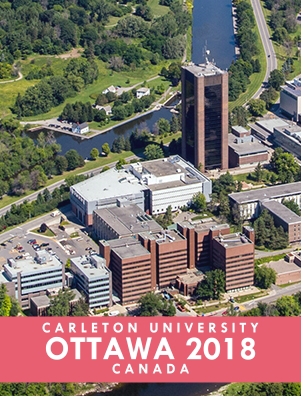Anne Gaul, Exploring the Elusiveness of a ‘Sri Lankan’ Past and Present in History Textbooks
Textbooks are a powerful tool in the socialisation process, shaping national values and attitudes of the younger generation. History in particular is a subject that provides an official account which ‘tells us how we got to be who we are’ (Cole 2013: 11). In Sri Lanka history is highly contested and this analysis of a set of recent history textbooks demonstrates that despite ambitious reforms since the 1990s they do not foster social cohesion and multiculturalism as envisioned by policy makers. Instead, their language and story-lines perpetuate Sinhalese-centric historical narratives that present disputed myths, symbols and heroes as official history. This paper discusses first how these narratives legitimise Sinhalese claims for sovereignty in a unitary state by constructing an exclusive, ethno-Sinhalese version of nationhood and emphasising the role of Buddhism. Second, we look at the marginalisation of minority communities through their representation, or better lack thereof, in the textbooks. Finally, the paper highlights how the historical narratives of the textbooks provide frames within which the end of the war can be constructed as a continuation of a Sinhalese-centric history.
Overall, this paper uses history textbooks to provide an inside into the myths and symbols of contemporary Sinhalese Buddhist nationalism and how these may be used to make sense of post-war realities.

